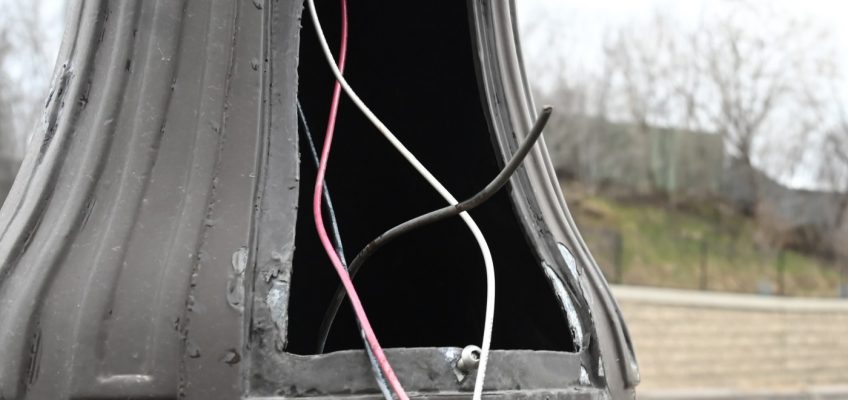Statewide requirements to help prevent copper wire theft will become law on Jan. 1 despite a lawsuit by the scrap metal workers claiming the legislation will effectively shut down their industry.
The new law requires anyone recycling scrap metal copper for profit to obtain a state-issued license. Licensed electricians and other trade and contracting groups are exempt.
Last month, the Upper Midwest Chapter of the Institute of Scrap Recycling Industries Inc. filed a civil suit against the Minnesota Department of Commerce alleging the law would negatively impact the scrap metal industry. Attorney General Keith Ellison’s office has filed a motion for dismissal on behalf of the State of Minnesota and Department of Commerce, which is set for a hearing in February.
On Dec. 18, a Ramsey County judge denied a temporary restraining order requesting to pause the law from being enacted.
Ramsey County Chief Judge Sara Grewing said the harm cities face if the law was blocked “far outweighed” the consequences to the industry.
The new law partially stems from both St. Paul and Minneapolis experiencing a rash of costly copper wire thefts from municipal lampposts. In April, government officials testified that the law would help prevent copper wire thefts by making it difficult for people to profit from the sale of stolen copper wires.
The group that brought the lawsuit to stop the new legislation said the goal is to work to craft laws that will “put criminals behind bars while not crippling recycling.”
“We agree with the goal of last year’s bill — make it harder for criminals to sell stolen copper wire from lampposts or other electrical infrastructure. However, we think that can be done without sending thousands of tons of recyclable material to the landfill,” Jack Perry, an attorney representing the lawsuit brought by the Recycled Materials Association, formerly called the Institute of Scrap Recycling Industries, said in a statement Saturday.
City officials in Minneapolis and St. Paul are praising the new legislation. St. Paul officials said that in 2023, the city spent more than $1.2 million to address copper wire theft. Minneapolis officials said that over the past two years, the city spent $545,000 replacing stolen copper wire.
The lawsuit points out that copper wire and metal can be found in all scrap metal including sterling silver, car brakes and radiators, electronics, circuit boards, coins, gardening tools, home decor, windows, gutters and costume jewelry. Because of this, legitimate businesses will be breaking the law if they continue their practices after the law goes into effect.
Perry said the new law and its requirements will be a major impediment to anyone recycling products containing copper “either as a component or as an alloy. Copper is found in everything from brass and bronze to aluminum alloys and much more. We have already reached out to the authors of last year’s bill and asked for their help making changes to narrow the law’s focus.”
“We are seeking injunctive relief, giving legislators time to work through changes and implement workable solutions,” Perry said.
Related Articles
Confrontation between two men and a convenience store employee leads to gunfire injuries, an arrest
Mary Stanik: In these days of bitter politics, how should auld acquaintance come to mind?
At South St. Paul’s Sunlight Restaurant, four veterans in their 90s still meet to reminisce
Popular on TikTok, ‘magical’ homeware business Cheerware navigates Twin Cities, impending platform ban
St. Paul’s homicides in 2024: Who was killed, where they happened and which remain unsolved


Leave a Reply